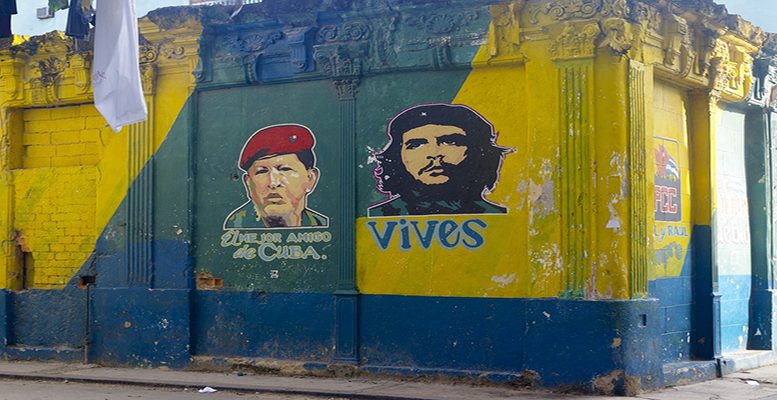Fulfilling a promise made last February, the Cuban government yesterday authorised the creation of micro, small and medium-sized enterprises (MSMEs). Cuban Prime Minister Manuel Marrero explained at a meeting of the Council of Ministers that private companies can be set up as long as they are not included in the list of activities prohibited for the private sector: health, telecommunications or energy.
Nor will they be able to engage in some of the activities that are permitted for self-employed workers in the country, such as computer programmers, translators and interpreters, veterinarians for domestic animals, etc. The measures come in the context of the country’s severe economic crisis, which has been accentuated by the arrival of the pandemic, leading to an 11% contraction in GDP in 2020.
President Miguel Díaz-Canel said this decision will remove “the state from activities that are not fundamental to economic performance.” “We need the state sector to be more proactive, to be more efficient, to shake off some of the inertia, to be more innovative. Here, everything that is inefficient, corrupt and illegal; everything that does not have a working dynamic and everything that is not innovative and proactive is harmful, whether it is state or non-state,” Díaz-Canel told ‘Diario de Cuba’.
According to Marrero, despite the economic opening, “the state enterprise is the key player in the economy”, and the expansion of activities to non-state forms of management does not lead to a process of privatisation. “There are limits that cannot be exceeded,” he said.
Cuba no se rinde… pero autoriza la creación de pequeñas y medianas empresas
Cumpliendo la promesa hecha el pasado mes de febrero, el Gobierno de Cuba autorizó ayer la constitución de micro, pequeñas y medianas empresas (mipymes). El primer ministro cubano, Manuel Marrero, ha explicado en una reunión del Consejo de Ministros que las empresas privadas podrán constituirse siempre que no se encuentren en el listado de actividades prohibidas para el sector privado: la salud, las telecomunicaciones o la energía. Tampoco podrán dedicarse a algunas de las actividades que sí están permitidas para trabajadores por cuenta propia en el país, como la de programador informático, traductores e intérpretes, veterinarios para animales domésticos, etc. La medidas se enmarca en la fuerte crisis económica del país, que se ha acentuado con la llegada de la pandemia, que llevó a una contracción del 11% del PIB en 2020.
El presidente Miguel Díaz-Canel ha explicado que con esta decisión quitará “al Estado de actividades que no son fundamentales en el desempeño económico”. “Necesitamos que el sector estatal sea más proactivo, que sea más eficiente, que se sacuda un poco de la inercia, que sea más innovador. Aquí todo lo que sea ineficiente, lo que sea corrupto e ilegal; todo lo que no tenga una dinámica de trabajo y todo lo que no sea innovador y proactivo, es dañino, sea estatal o sea no estatal”, ha explicado Díaz-Canel al ‘Diario de Cuba’.
Según el primer ministro, Marrero, pese a la apertura económica, “la empresa estatal es el sujeto principal de la economía”, y la ampliación de actividades a formas no estatales de gestión no conducen a un proceso de privatización. “Hay límites que no se pueden rebasar”, ha sentenciado.





